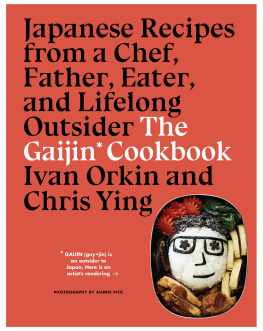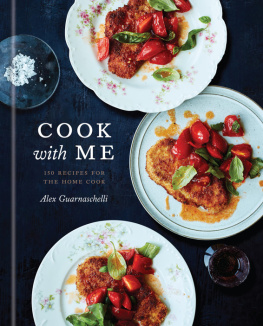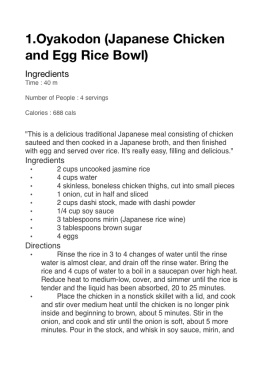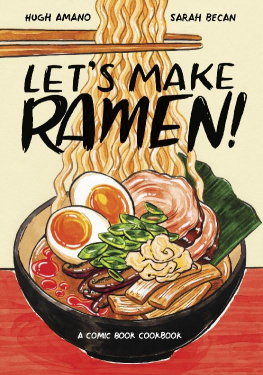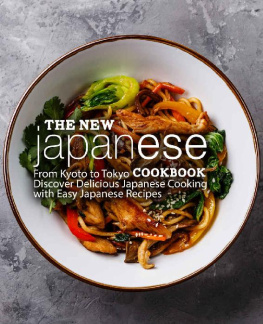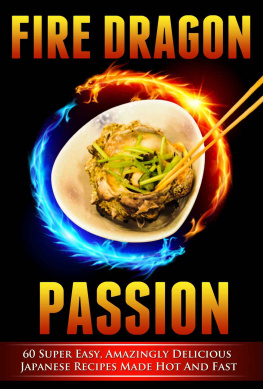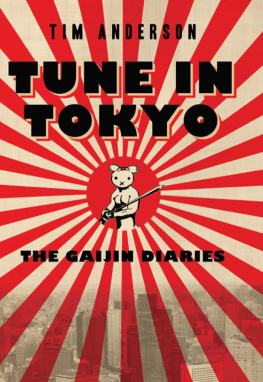Contents

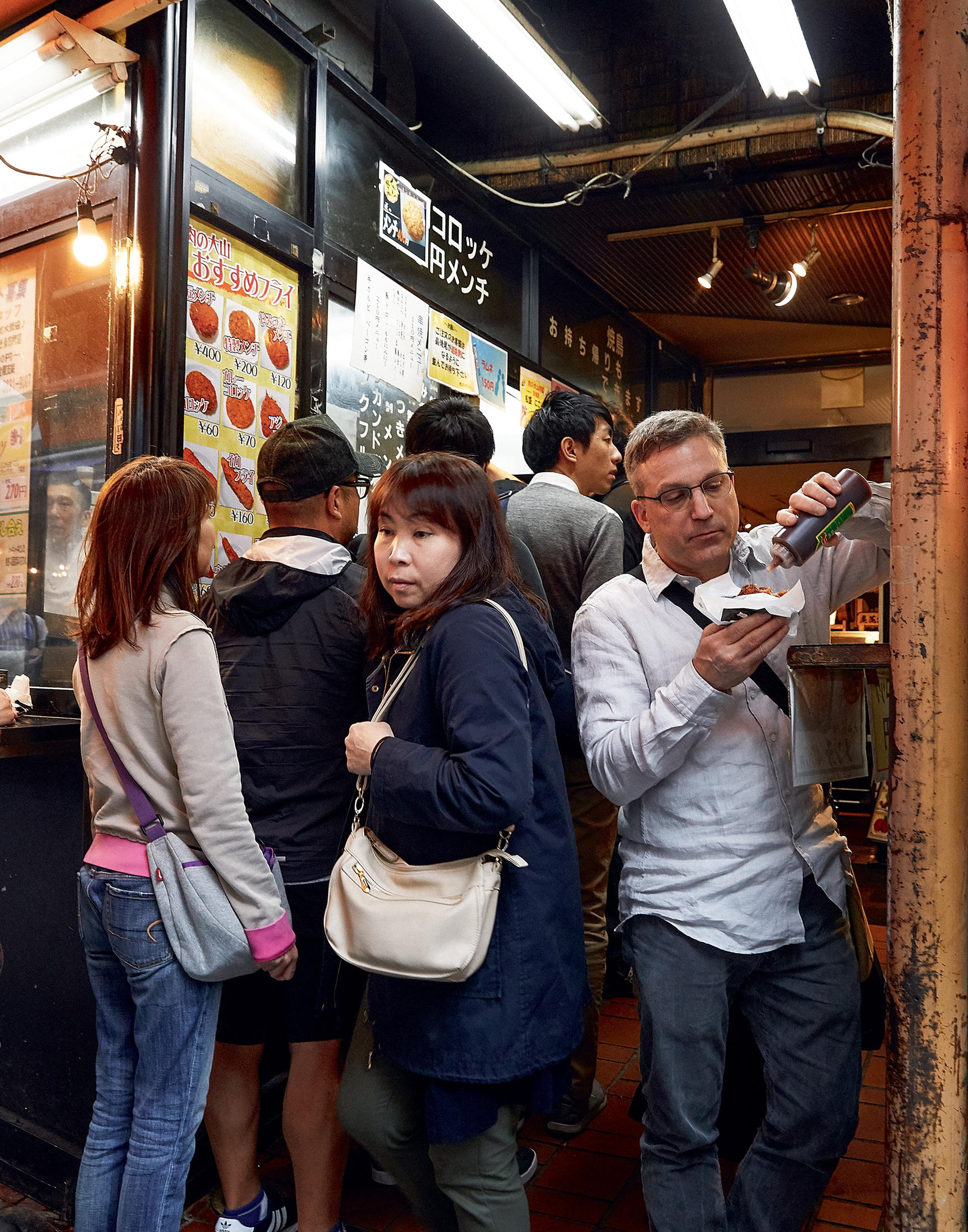
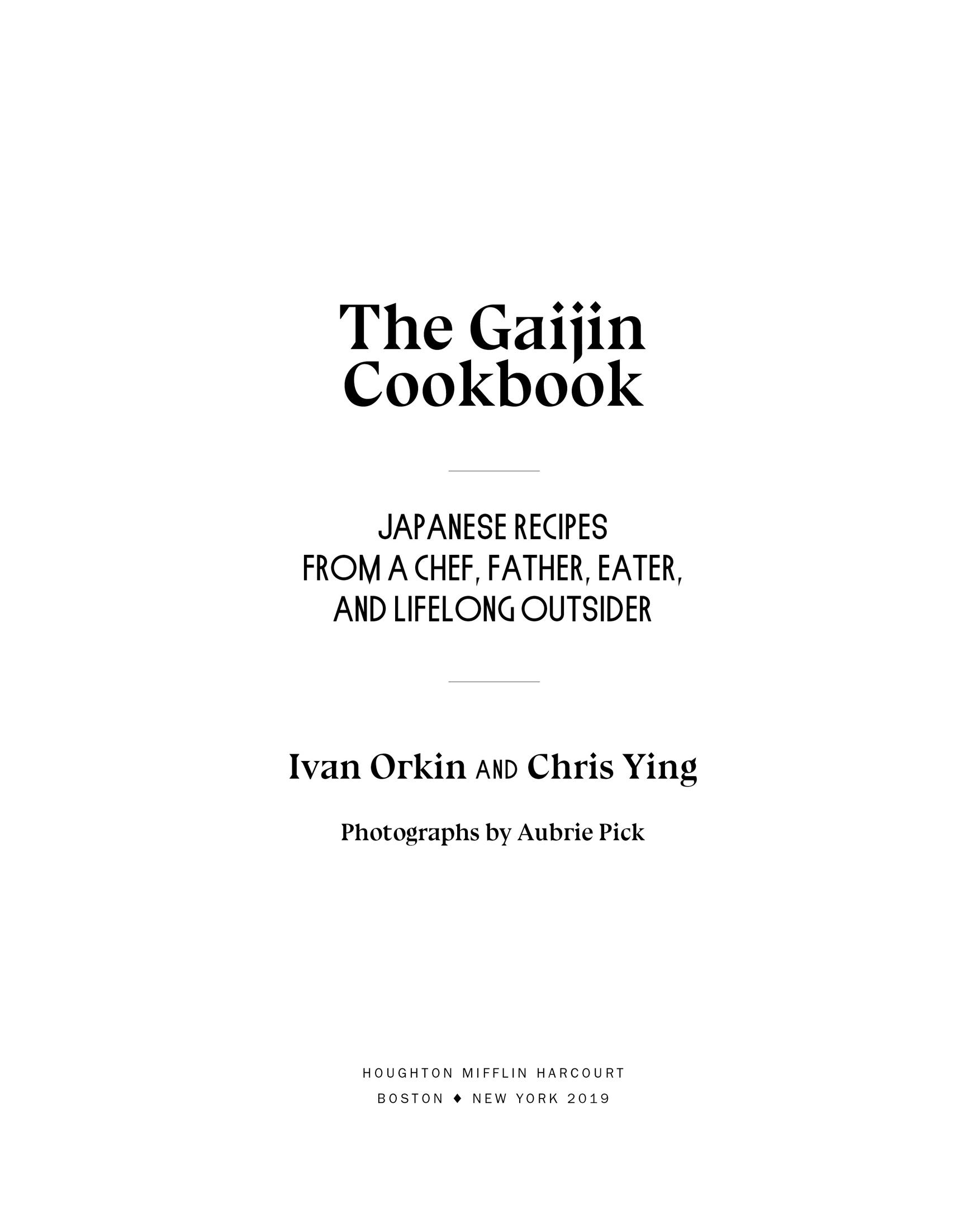
Copyright 2019 by Ivan Orkin and Chris Ying
Photographs 2019 by Aubrie Pick
All rights reserved.
For information about permission to reproduce selections from this book, write to or to Permissions, Houghton Mifflin Harcourt Publishing Company, 3 Park Avenue, 19th Floor, New York, New York 10016.
hmhbooks.com
Library of Congress Cataloging-in-Publication Data
Names: Orkin, Ivan, author. | Ying, Chris, author. | Pick, Aubrie, photographer.
Title: The gaijin cookbook : Japanese recipes from a chef, father, eater, and lifelong outsider / Ivan Orkin and Chris Ying ; photographs by Aubrie Pick.
Description: Boston : A Rux Martin Book, Houghton Mifflin Harcourt, [2019] | Includes index.
Identifiers: LCCN 2019002730 (print) | LCCN 2019004086 (ebook) | ISBN 9781328954404 (ebook) | ISBN 9781328954350 (paper over board)
Subjects: LCSH: Cooking, Japanese. | LCGFT: Cookbooks.
Classification: LCC TX724.5.J3 (ebook) | LCC TX724.5.J3 O7247 2019 (print) | DDC 641.5952dc23
LC record available at https://lccn.loc.gov/2019002730
Book design by Walter Green
v1.0819
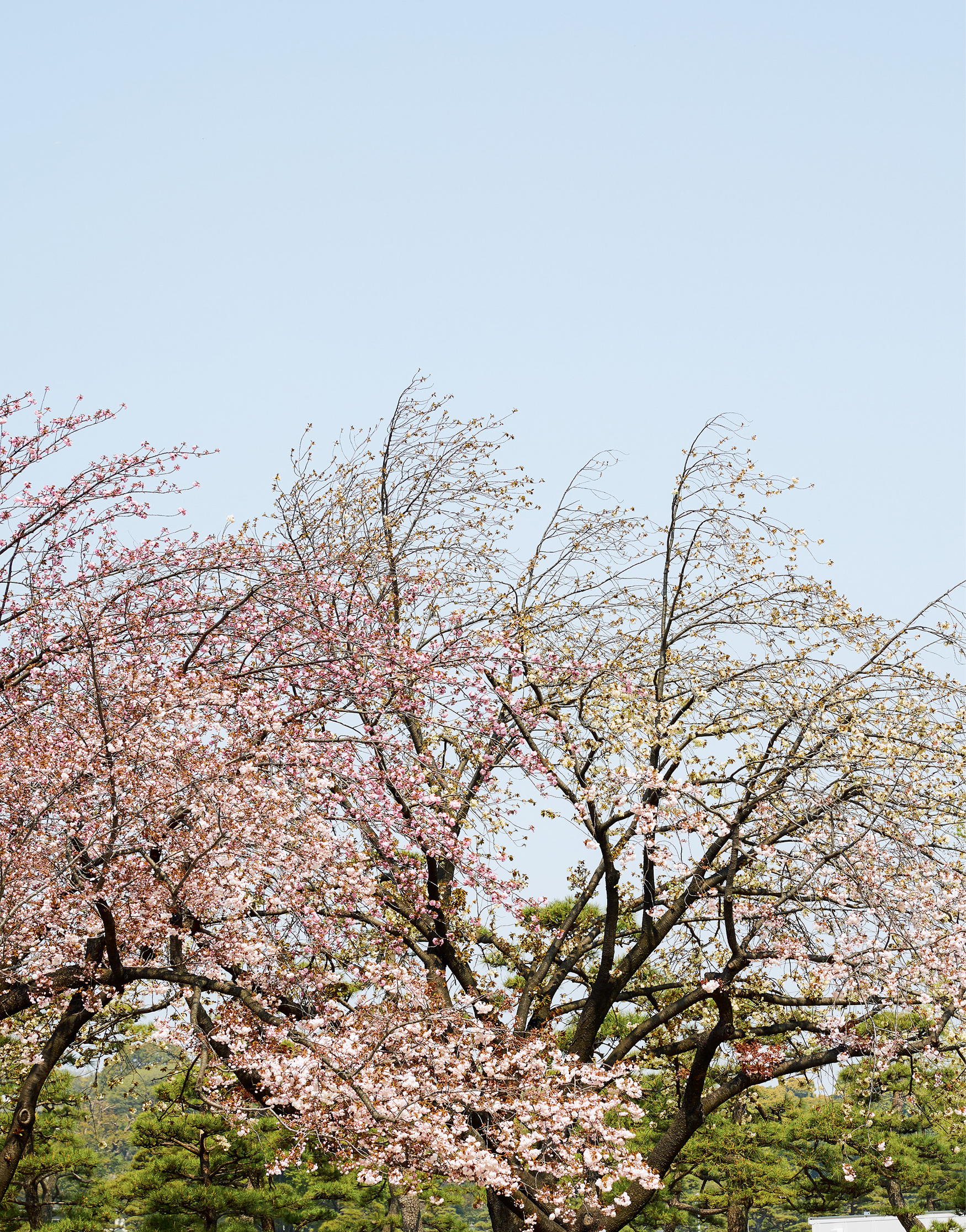
This book is dedicated to the idea that we will all eat much better if we listen carefully, study broadly, cook bravely, and share respectfully.
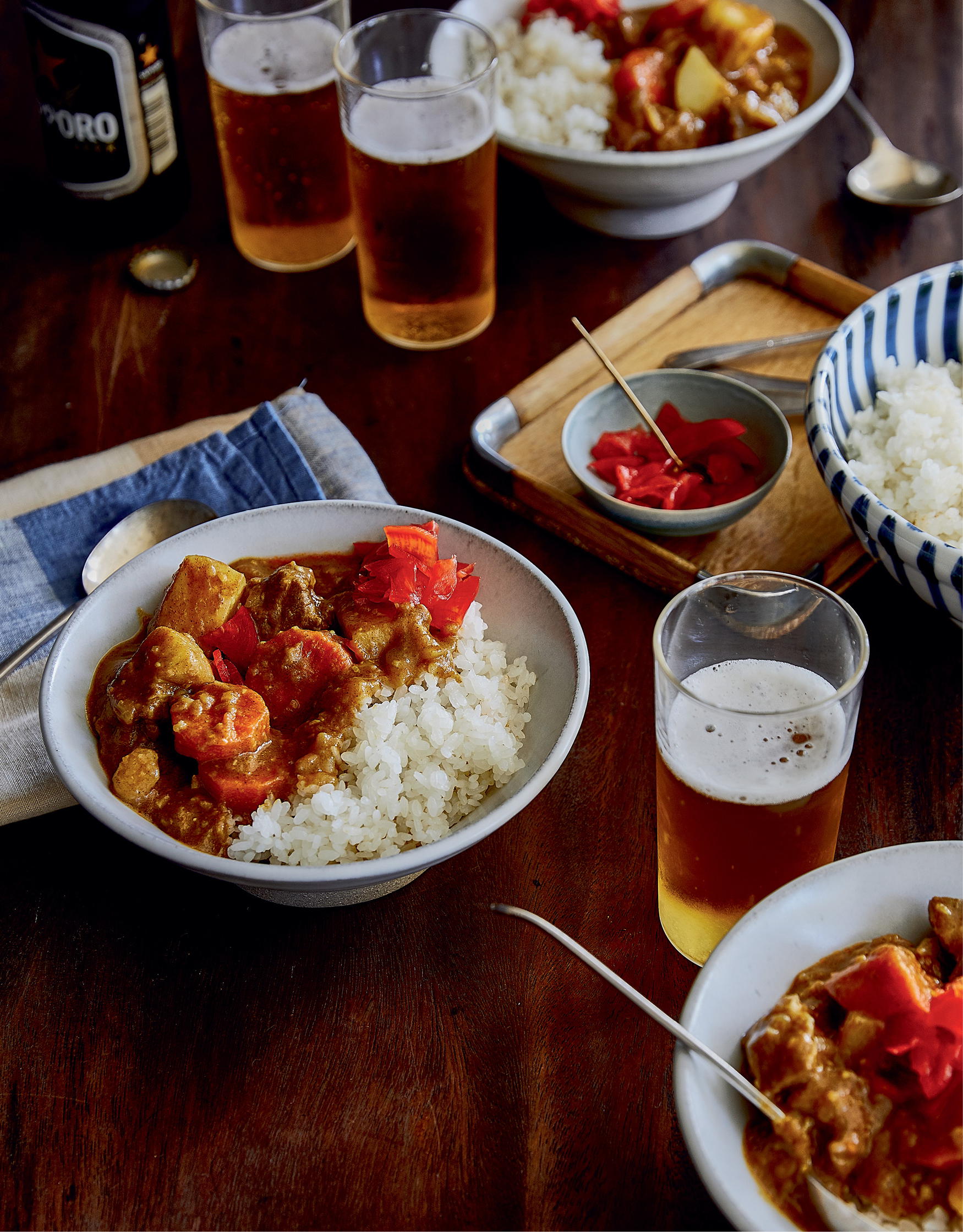
Contents
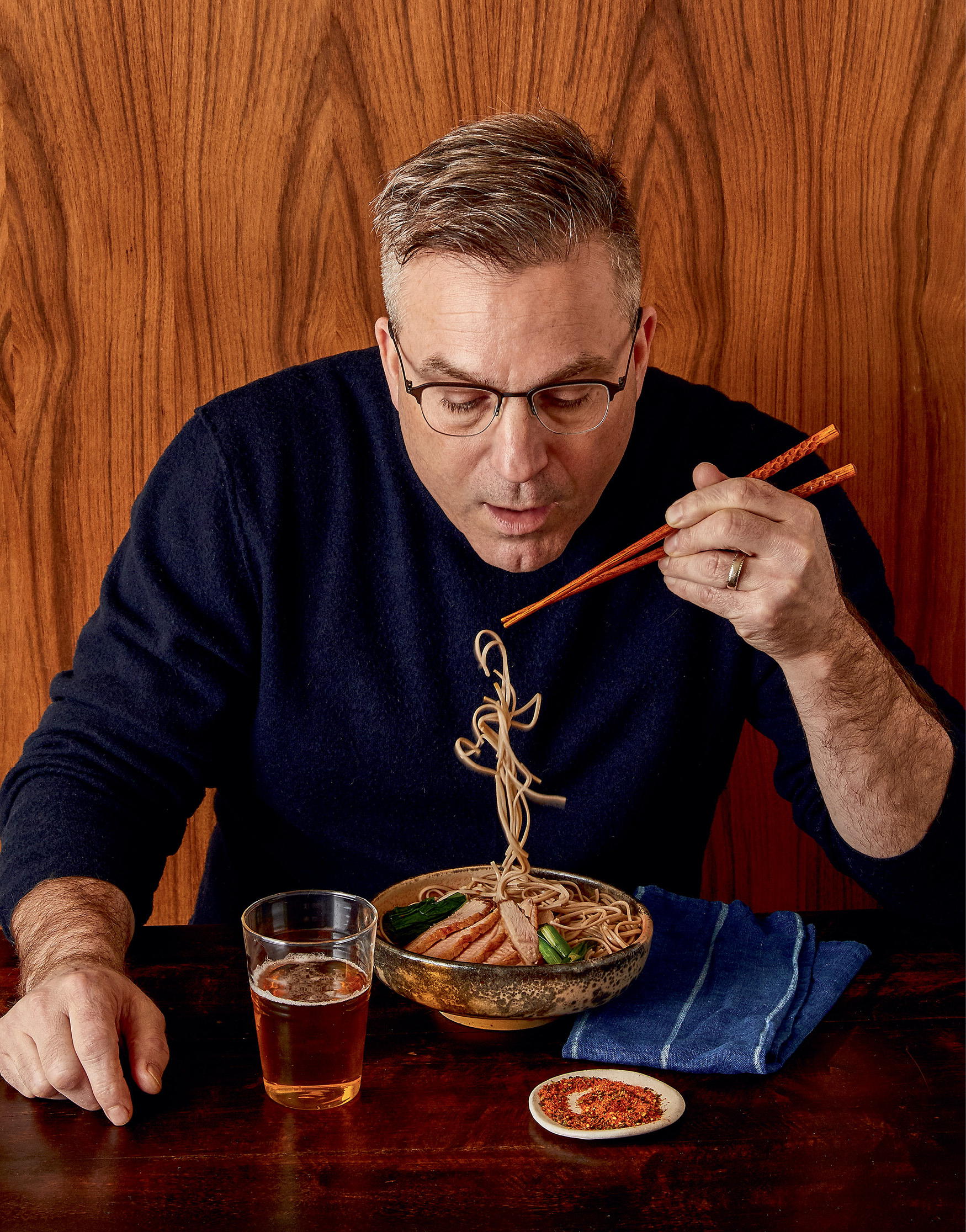
Introductions
Gaijin is the Japanese term for people like me.
I used to cringe when I heard it. It took years to overcome the shame of it. But these days I dont mind it so much. Partly because it doesnt really apply to me anymore. Mostly because Ive come to accept it.
Gaijin (guy-jin) means foreigner or outsider, but it really implies something more like intruder. Put more stereotypically, a gaijin is a white guy, clumsily bumbling through Japan, leaving a wake of social miscues and broken dishes behind him. Its a term thats meant to be derogatorysometimes playfully, other times with menace. And even though Ive lived in Japan for the better part of three decades, speak Japanese fluently, have opened two successful ramen shops in Tokyo, and am raising three half-Japanese kids, Im still a gaijin. I cant help it, just like I cant help being head over heels in love with Japan.
Im not a fetishistor maybe I am, I dont know. Ive felt drawn toward Japan since I was a clueless teenage dishwasher at a Japanese restaurant in the town where I grew up on Long Island. I studied Japanese literature and language in college and moved to Tokyo almost immediately after graduation. I met my first wife while I was living in Japan. When she died, our son, Isaac, and I found comfort in returning to Japan as often as we could. Years later, on one of our trips, Isaac and I met a beautiful, brilliant designer named Mari and her son, Alex. Mari and I fell in love, got married, had our son Ren, and lived with our boys in Tokyo. In the mid-2000s, I tied my careerand the fate of my familyto Japan, opening a couple of ramen shops that somehow defied the odds and became runaway successes. The fact that a gaijin could make a killer bowl of ramen seemed to disarm and delight my customers.
In short, Ive spent most of my adulthood in Japan, and it continues to exert the same irresistible force on me. We live in New York now, where I own two busy ramen restaurants, and my family has a pleasant suburban American life, but we still think about Japan constantly.
We daydream about Tokyo, where my kids had a vibrant, independent existence that helped them come into their own as people. These days I worry about maintaining a connection to their Japanese heritage, even though Mari and I have done our best to give them a bicultural upbringing. We miss our friends, who are the absolute best at having a good time and endlessly generous and compassionate whenever we need help figuring our lives out. Although my family loves the States, we look forward to our visits to Japan. We count the days until were riding the train around Tokyo, passing whole afternoons in fancy department stores, wandering around festivals in the summer, speaking Japanese all day, visiting friends and old haunts. I sold my ramen shops in Japan, but it still makes me smile to think about my old customers and the neighborhood shopkeepers with whom I would shoot the shit in the mornings and evenings.
But, most of all, I miss the hell out of the food in Japan.
Like most professional chefs, I consider Japanese food to be the pinnacle of cuisine. Its what we want to eat all the time. We make pilgrimages to Japan to witness traditional Japanese cuisine and simultaneously marvel at the way Japanese cooks absorb and incorporate foreign influence. The Japanese own sushi, ramen, soba, udon, tempura, yakitori, kaiseki, kappo, and izakaya, but they also bake amazing pastries and produce some of the worlds finest French and Italian dining. At restaurants and bars, youre as likely to drink a striking, hard-to-find natural wine as an ultrarefined sake. The high end of dining in Japan is as evolved and thrilling as anywhere on earth, while the stuff you can buy at convenience stores, food courts, and mom-and-pop shops is probably the best on the planet.
Japan also has the most active food-related publishing industry Ive ever seen. Bookstore shelvesthere are still big, beautiful bookstores in Japan!are jammed with thousands of titles, from the oversize coffee-table chefs cookbooks you get in America to specialty titles to cookbooks for kids to glossy magazines with pictures of nothing but spaghetti. I love meandering through one of Tokyos palatial bookstores, piling up books until I cant carry any more. These same kinds of exhaustive resources about Japanese food didnt exist in English when I first moved to the country, clueless and hungry. The situation is a little better now. Shizuo Tsujis Japanese Cooking: A Simple Art is my guiding star. I really like Nancy Singleton Hachisus books, and Ive always thought that Harris Salat does an admirable job of trying to translate the Japanese canon to an American audience. Oh, and Donabe, a recent book entirely about cooking in earthenware pots, is an incredible single-subject exploration, and I hope Naoko Takei Moore keeps sharing her knowledge with us.
But, in general, I find that Japanese food often gets treated with over-the-top reverence in English-language books, especially by my fellow gaijin, and I think that actually does the cuisine a disservice. Japanese food is not all precious, high-flying stuff. A Japanese life encompasses the same range of situations as an American one. There are busy weeknights and weekends when you feel ambitious, picky kids, special occasions, dreary winters, sweltering summers, picnics, potlucks, parties, and hangovers. And theres food for every occasion.
What Im trying to say is that this book is not a manual for making perfect sushi or a memoir of a great summer in Kyoto. Its a reflection of a lifetime spent as an outsider looking admiringly at Japan, trying my damnedest to soak up everything I can in order to improve myself as a chef, a husband, a father, a friendhell, as a person. Im sharing it with you in this book because I know beyond a shadow of a doubt that my life is better for what Ive learned from Japan. Even if youve never given the place much thought, so long as youre open-minded, I think I can prove that to you.

